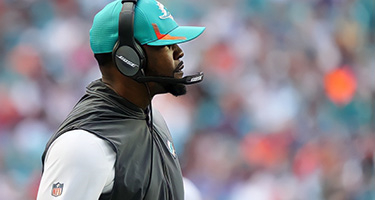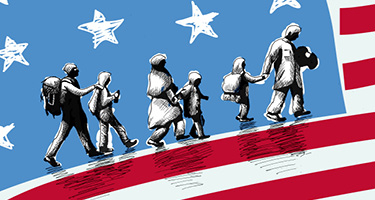About 60,000 union employees who work behind the scenes on Hollywood films and TV shows, making everything run smoothly and look nice, have had enough. Last week, for the first time in its 128-year history, members of the International Alliance of Stage and Theatrical Employees (IATSE) overwhelmingly voted to authorize their leaders to call a strike if a deal could not be struck with the studios.
But if there is to be a strike, it will unfold in a different world.
The Biden administration, unlike its predecessor, is staunchly pro-union, and it has stocked the National Labor Relations Board—the federal referee of labor disputes—with union sympathizers.
The agency’s new general counsel, a former union attorney, has issued some strongly worded public memos “that make it clear they’re not going to sit back” during major labor disputes, says Terry Potter, an employment attorney with the St. Louis firm Husch Blackwell.
“She’s not going to just stand by and let the parties work it out. She’s going to intervene and use the muscle the agency has.”
Long Hours Are the Main Issue
This union-management standoff is also different because compensation is not the main sticking point, although the union is seeking some raise in compensation. Instead, the union says more intensive practices that have sprung up during the COVID-19 pandemic have led to a steady erosion of working conditions for its members, who include makeup artists, camera operators, costumers, writers’ assistants and set builders. The problems are said to be even worse at streaming services such as Amazon Prime and Netflix that have been pumping out entertainment.
“It looks like the employees are just fed up” with these new schedules, says Potter. “I have relatives working in that area, and I know they work their butts off.”
From a public sympathy perspective, he thinks the unions may have the upper hand in this conflict. “I think so, especially since it isn’t about pure economics. It’s about more time off. They are saying, ‘I’m exhausted, and I need time off.’ I think that really resonates for all the worker bees out there who have been working through COVID-19.”
Terry Potter is senior counsel at Husch Blackwell LLP. Terry concentrates his practice on labor and management relations. As a former field attorney with the National Labor Relations Board (NLRB), he brings invaluable insight to clients. This wisdom results in solutions that are not only legally sound but also advance business goals.
John Ettorre is an Emmy-award-winning writer, based in Cleveland. His work has appeared in more than 100 publications, including the New York Times and the Christian Science Monitor.
































